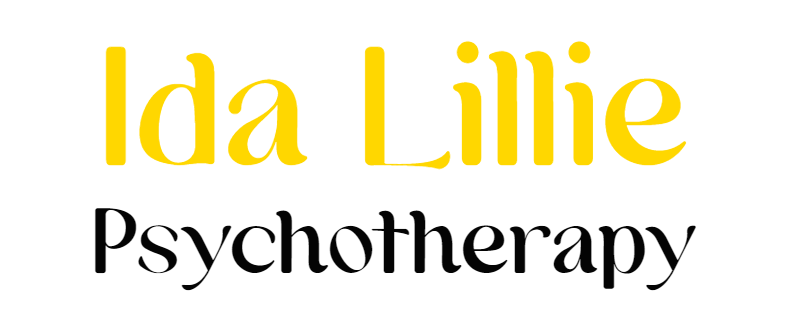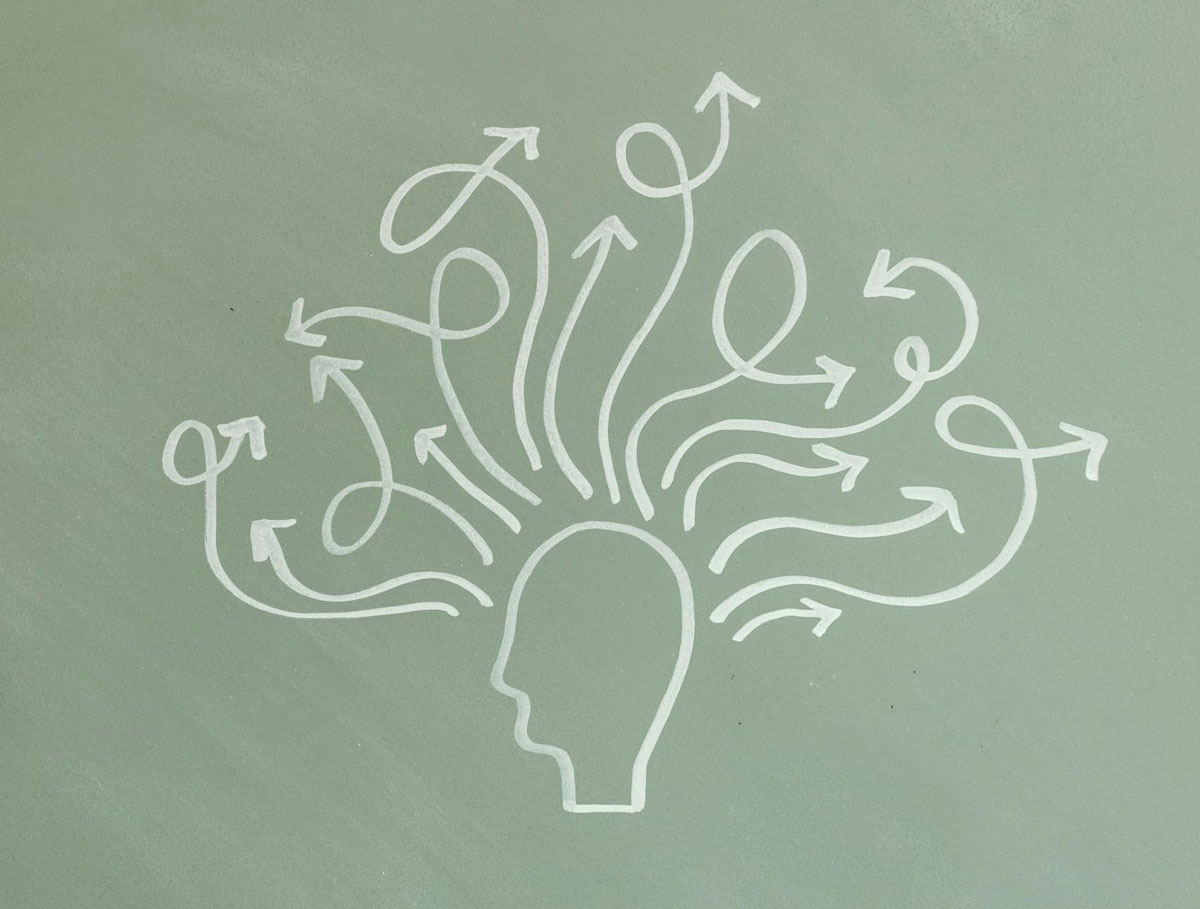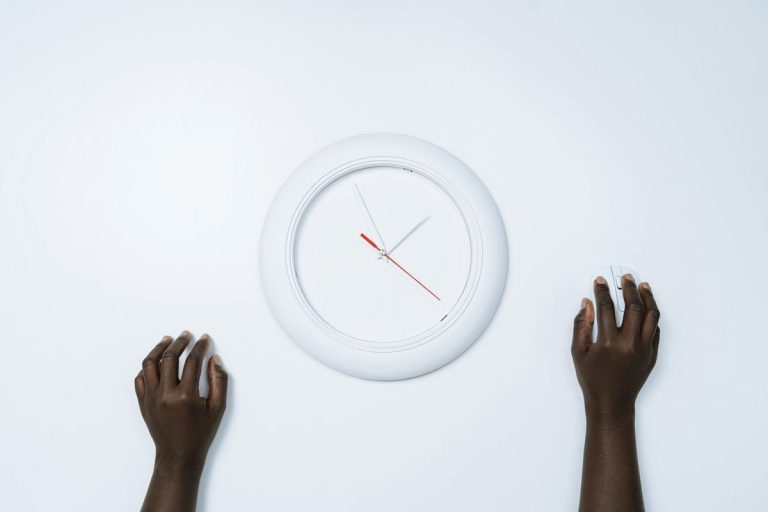Why Is There an Rising Prevalence of Adult ADHD?
If it feels like everyone’s suddenly talking about ADHD lately — not just for kids, but for adults too — you’re not imagining it. Maybe you’ve watched a random video that had you thinking, Wait…that’s me, or stumbled across a post that put words to things you’ve felt your whole life. If so, you’re definitely not alone.
More and more adults are exploring the possibility of ADHD, sometimes for the first time ever. Which naturally raises a pretty big question: Why now? Why are so many people just realizing this about themselves?
Why We’re Hearing More About Adult ADHD
It’s not that a bunch of people suddenly developed ADHD out of nowhere. It’s that we’re finally talking about it — and understanding it — in a much deeper way. A few reasons why it’s showing up on the radar more now:
● Expanded diagnostic criteria: For a long time, ADHD was only recognized if it looked like a hyper kid bouncing off the walls (and usually a boy). That left a lot of folks — especially girls, women, and marginalized communities — totally overlooked. Now, we know ADHD can look a lot quieter and more internal.
● Social media & accessible education: Platforms like TikTok, Instagram, and YouTube have made it easier for people to stumble across ADHD content — especially stuff that talks about time blindness, emotional regulation struggles, or executive dysfunction. For a lot of adults, it’s the first time their experiences are making sense.
● Cultural shifts around mental health: Talking about mental health isn’t as taboo as it used to be. People are getting curious about what’s happening inside, instead of just pushing through it.
● The pandemic effect: COVID-19 flipped a lot of our routines upside down. Without the natural structures of daily life (like commuting or office schedules), a lot of informal coping tools disappeared — and ADHD symptoms that were once manageable became impossible to ignore.
What Adult ADHD Actually Looks Like
If you’re imagining constant distraction or messy desks, sure — that can be part of it. But in adults, ADHD can show up in much more layered, everyday ways:
● Chronic procrastination — even when you care about the thing you’re avoiding
● Struggling to start tasks… or getting 80% through and never finishing
● Forgetting appointments, losing track of time, misplacing your phone (again)
● Feeling completely overwhelmed by “simple” daily responsibilities
● Getting super sensitive to feedback or feeling rejection extra deeply
● Swinging between hyperfocus (can’t stop!) and burnout (can’t move)

One of the hardest parts?
The shame that comes with it.
A lot of adults with ADHD have internalized this idea that they’re lazy, irresponsible, or somehow “not enough.” Therapy can be a game-changer in helping you unlearn those harsh narratives and start understanding your brain through a more compassionate lens.
Real-Life Skills That Can Help
There’s no universal playbook for ADHD — but these strategies can make life feel a little less overwhelming:
1. Get it out of your head
Use planners, sticky notes, alarms, visual timers — whatever external reminders work for you. You don’t have to hold it all in your brain.
2. Body doubling
Sometimes just having someone else nearby (virtually or in-person) while you work on something can make a huge difference in getting started — and fi nishing.
3. Break it down even smaller
“Clean the house” feels impossible. “Put dishes in the sink” feels doable. Micro-steps = momentum.
4. Practice self-compassion
You’re not failing. You’re navigating a brain that’s wired differently. You deserve kindness — from yourself, fi rst and foremost.
5. Know your rights (and ask for help)
At work, at school, even in your relationships — you might be entitled to accommodations that support you better. Therapy can help you fi gure out what you need and how to advocate for it.
If This Resonated With You…
If any of this sounds familiar, getting an ADHD diagnosis — or even just recognizing yourself in these traits — can be a moment of clarity. But it can also bring up a lot of emotions. Just know: You are not lazy, unmotivated, or broken. You are navigating a differently wired brain in a world that doesn’t always make it easy.
At Ida Lillie, we work with adults who are uncovering late diagnoses, exploring neurodivergence, and trying to better understand themselves. You deserve support that helps you tap into your strengths and creates space for the unique way you experience the world.




